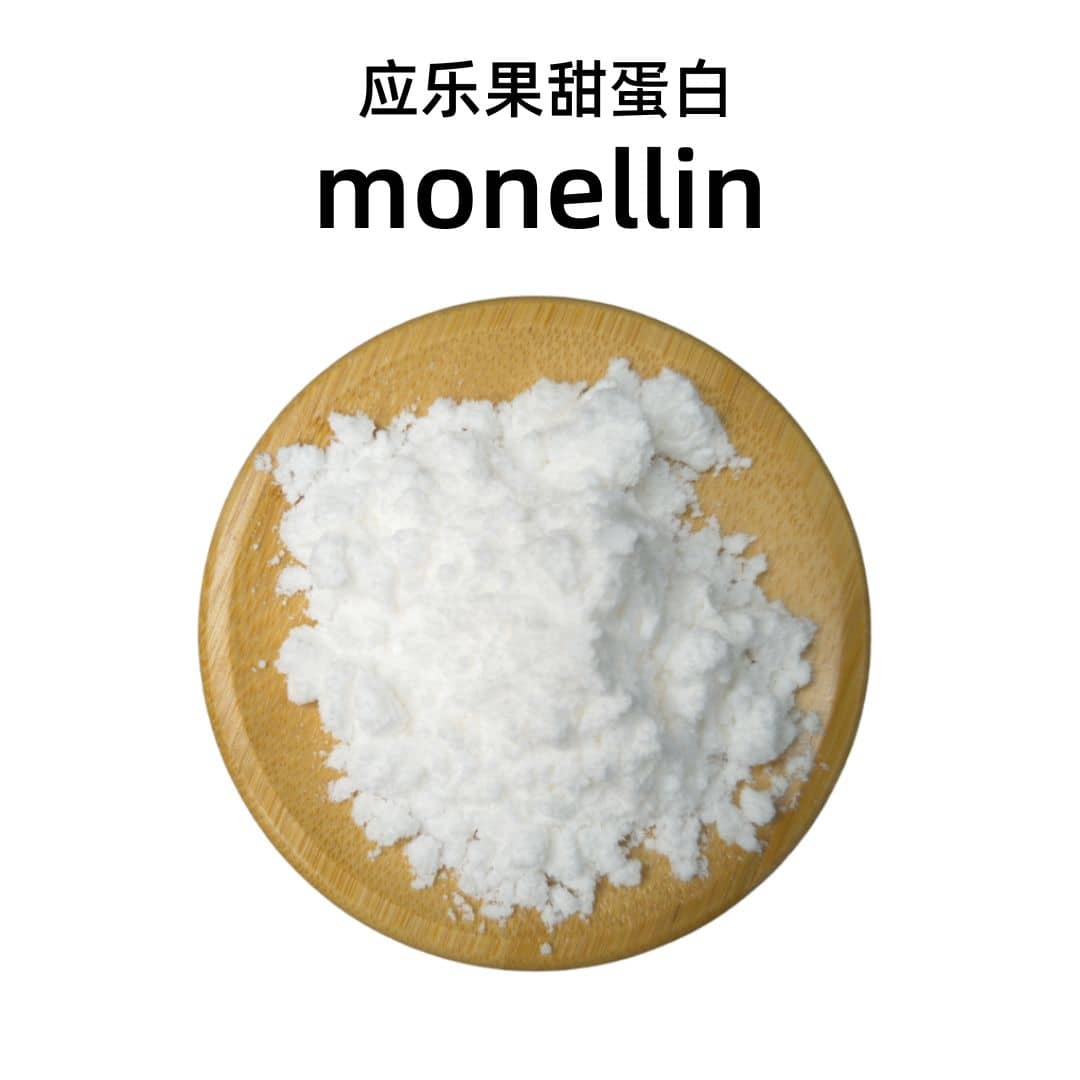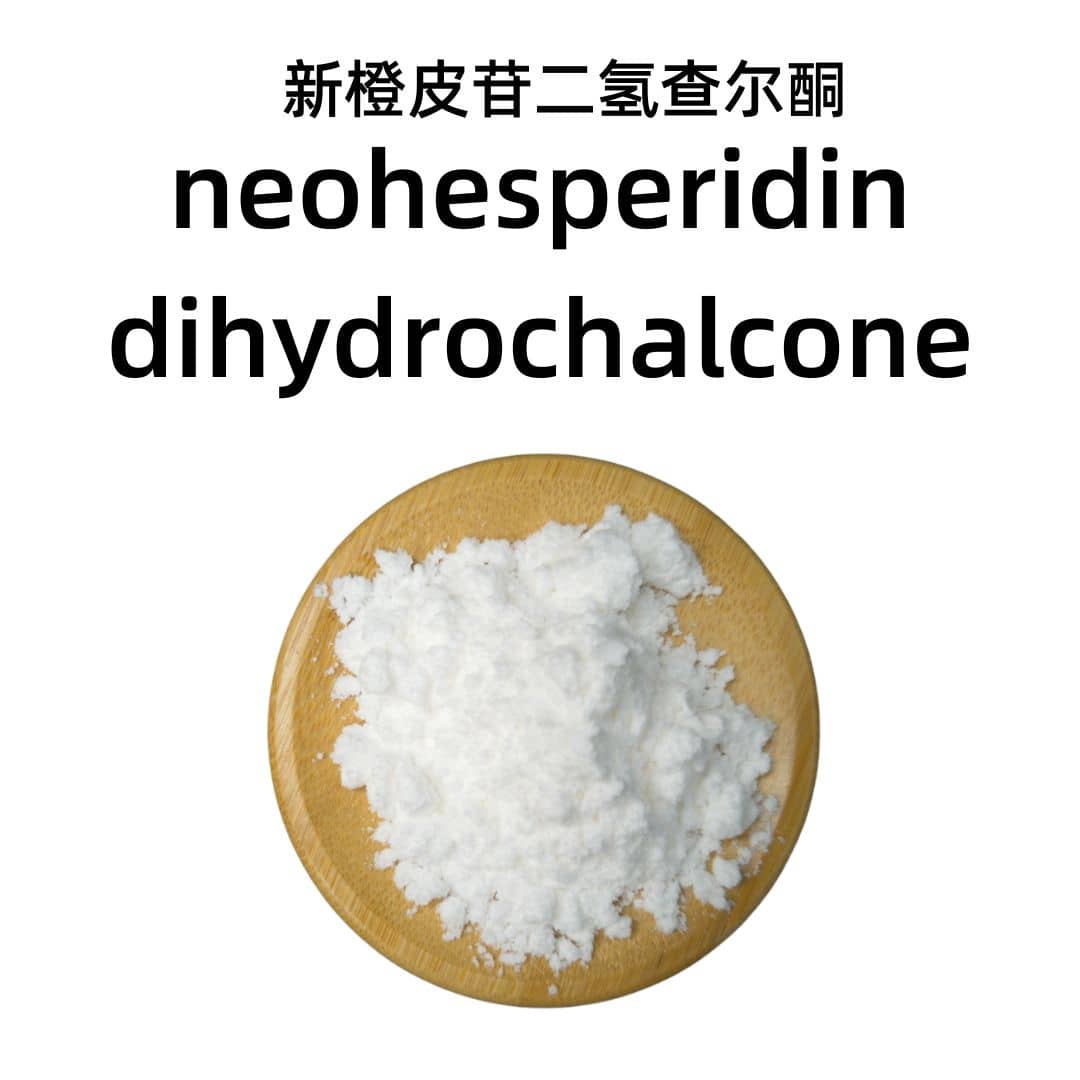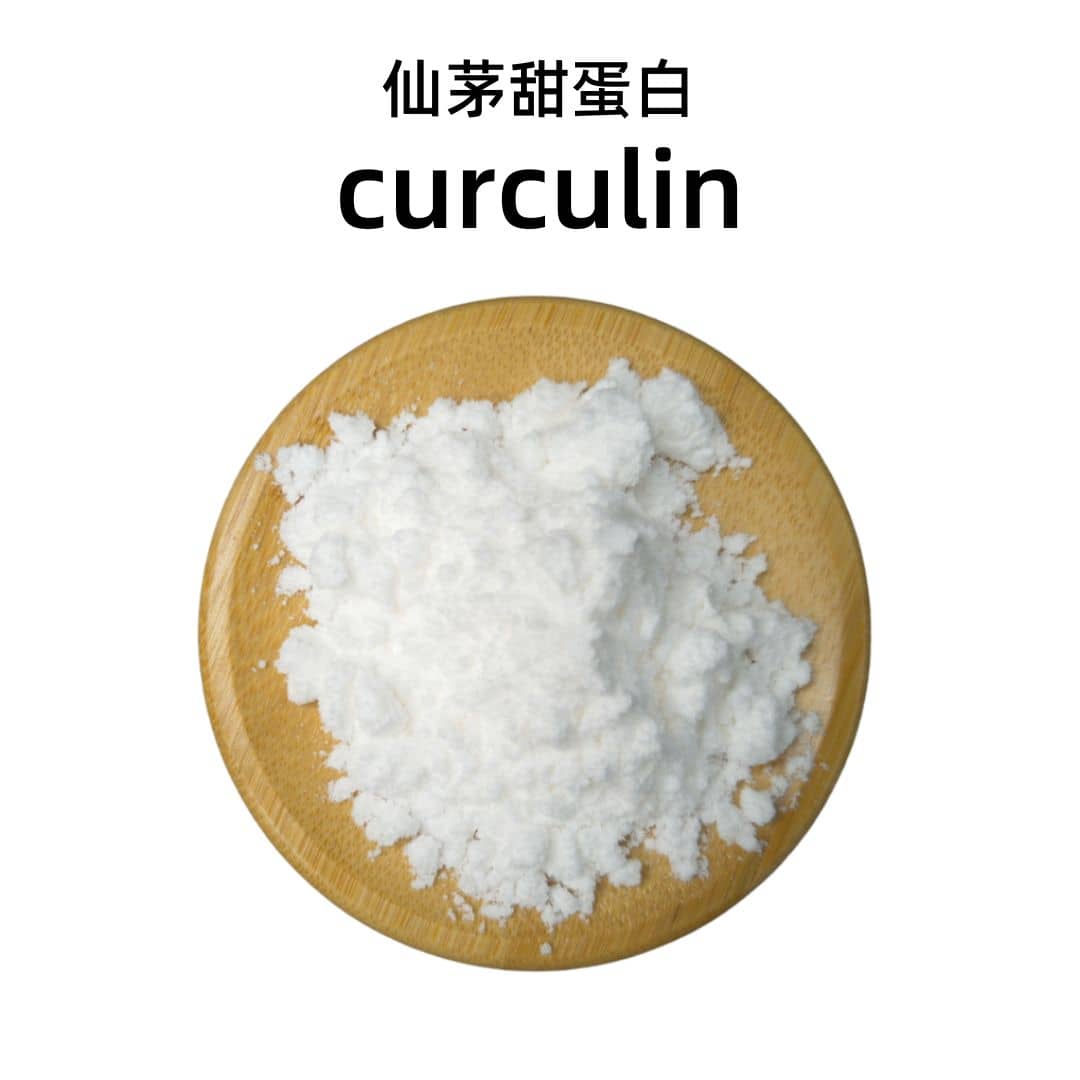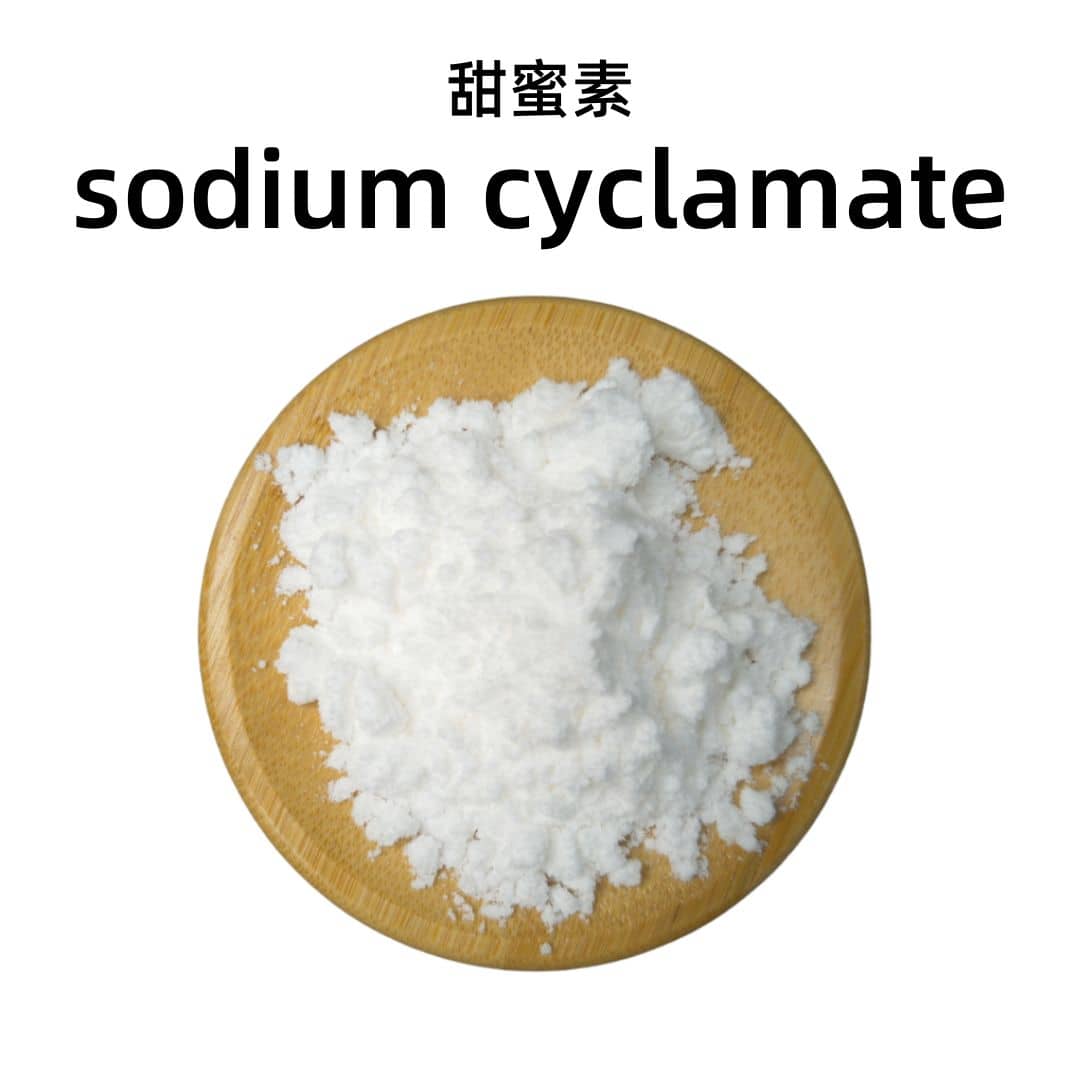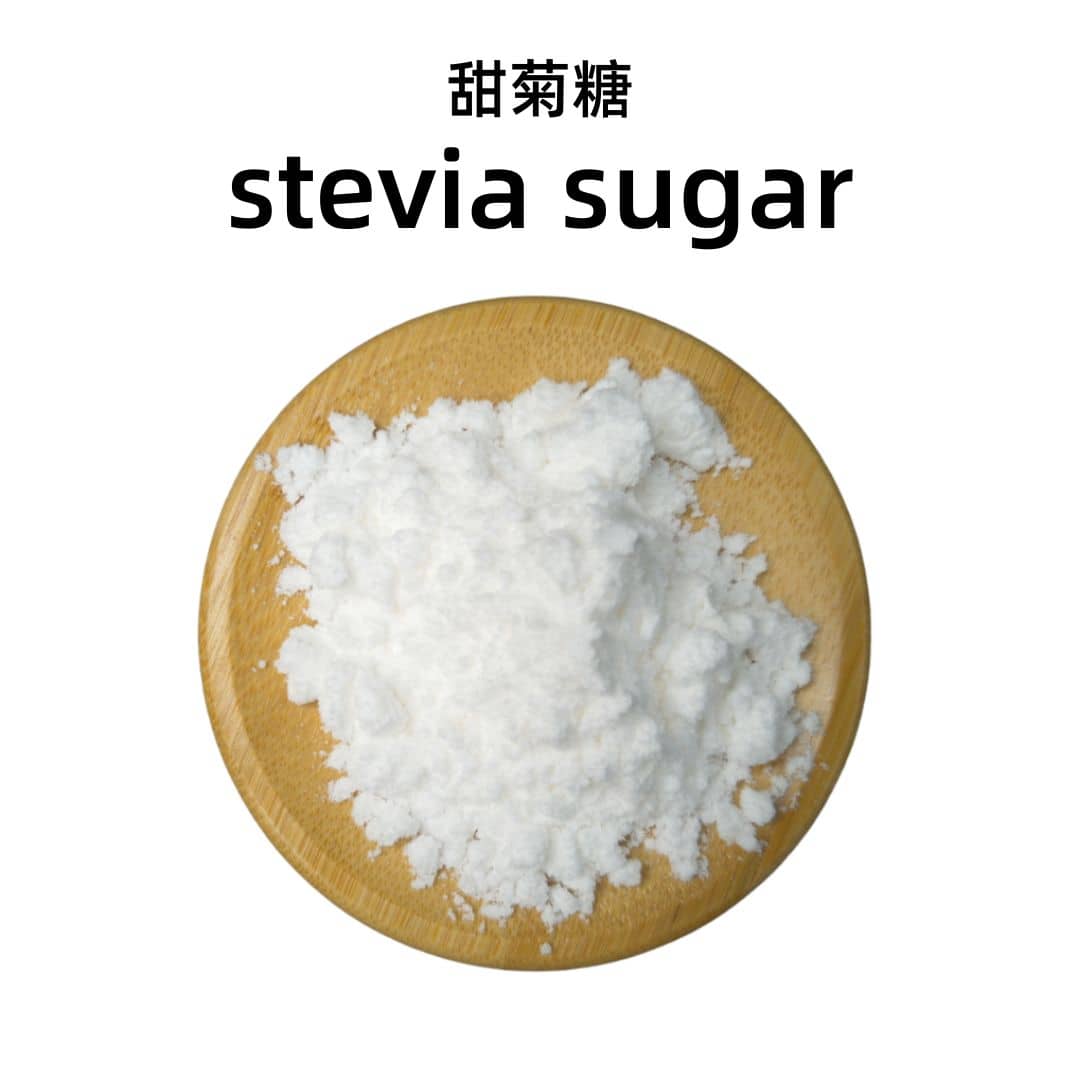Product Introduction
Isomalt is a low-calorie sugar substitute derived from beet sugar. It belongs to a class of compounds known as sugar alcohols, which provide sweetness with fewer calories than traditional sugars. Isomalt is recognized for its unique properties, making it an ideal choice for various applications, particularly in products aimed at health-conscious consumers.
Product Manufacturing Process
The production of isomalt typically begins with the hydrolysis of sucrose, which results in a mixture of different sugar components. Subsequently, these sugars are hydrogenated to create isomalt. This process involves chemical reactions that convert the sugars into a stable, low-calorie sweetener. The resulting products are then purified and dried to achieve the final crystalline powder form.
Product Applications
Isomalt finds extensive use in the food industry, particularly in sugar-free and reduced-calorie products. It functions effectively as a sweetener in candies, particularly hard candies and gummy products, due to its pleasant mouthfeel and stability when heated. Additionally, isomalt is utilized in baking, providing sweetness without significant moisture absorption. It is also used in pharmaceuticals as an excipient, where it serves as a sweetener and bulking agent for medicine formulations.
Packaging and Storage
Storage Conditions: Isomalt should be stored in a sealed, lightproof container to protect it from moisture and light. It is important to avoid high temperatures and keep the product in a dry, cool, and well-ventilated environment.
Packaging Method: The product is typically packaged in bulk 25kg cardboard drums, with sample sizes available in 1kg aluminum foil bags. Custom packaging options can be arranged upon request to meet specific customer needs.
Shipping Method: Isomalt is shipped using reliable services, including FedEx and DHL for expedited delivery, dedicated logistics services, and sea freight consolidation for bulk orders.
Shelf Life: The shelf life of isomalt is approximately 2 years when stored under the recommended conditions, ensuring its quality and effectiveness.
Monica Sun possesses extensive technical expertise and market insights in the food additives industry. She excels in designing efficient and safe additive formulations tailored to various food applications, ranging from sweeteners to functional dietary fibers. Monica has successfully assisted food manufacturers in optimizing ingredient combinations to enhance product quality and improve consumer satisfaction.









